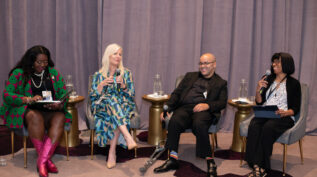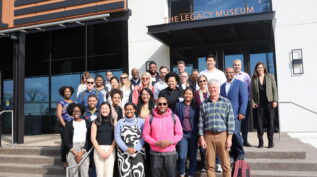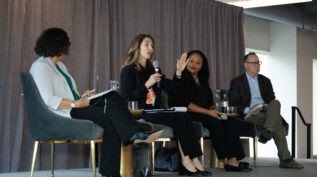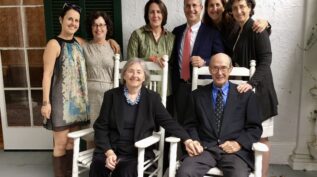Amplifying Muslim American Generosity Through Storytelling
Posted on January 27, 2025 by Tamela Spicer, Dilnaz Waraich
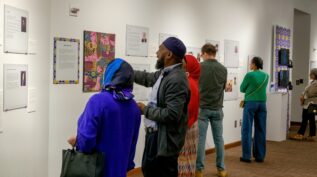
This article was originally published by Inside Philanthropy on January 16, 2025 and is re-posted here with permission. Through her NCFP fellowship Dilnaz Waraich sought to explore Muslim American giving through storytelling. In the process of developing an exhibit—Inspired Generosity— to showcase those stories, Dilnaz and the WF Fund engaged a wide range of people. Here, Dilnaz and Tamela Spicer… Read More

